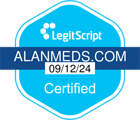Compounded semaglutide and tirzepatide have become a topic of interest in the medical community, particularly for their potential benefits in managing type 2 diabetes and aiding weight loss. It's important to understand the nuances of compounding, the regulatory landscape, and best practices for ensuring patient safety.
Understanding Pharmacy Compounding
Pharmacy compounding involves the preparation of customized medications tailored to meet the specific needs of individual patients. This practice allows pharmacists to combine or modify ingredients to create formulations that are not commercially available. Compounding is particularly useful for patients with allergies, unique dosage requirements, or those needing medications in alternative forms such as liquids or topical preparations. Compound pharmacies are overseen by state boards of pharmacy and as well as standards set in the United States Pharmacopeia (USP).
Overview of Compounding Pharmacies in the U.S.
The modern compounding pharmacy industry in the United States has evolved significantly since the early 20th century. Today, there are approximately 7,500 compounding pharmacies across the country, contributing to a growing market driven by personalized medicine trends. This industry has seen substantial growth due to the increasing demand for tailored therapeutic options and advancements in compounding techniques.
When is Compounding a Suitable Option?
Compounding is considered a suitable option under many circumstances:
- Commercially unavailable or discontinued medications
- Allergic reactions to certain ingredients in standard medications
- Specific dosage strengths not available commercially
- Pediatric or geriatric patients requiring alternative formulations
- Bioidentical hormone replacement therapy
- A specific delivery mechanism is required (e.g. pill vs. liquid)
Population for Compounded Semaglutide and Tirzepatide
Semaglutide and Tirzepatide are both indicated for type 2 diabetes management and weight management but differ slightly in their mechanisms and patient suitability:
- Semaglutide: A GLP-1 receptor agonist that increases insulin secretion, inhibits glucagon release, and slows gastric emptying. It is suitable for patients needing a robust control of blood glucose levels and weight management.
- Tirzepatide: A dual GIP and GLP-1 receptor agonist offering a unique mechanism by combining the actions of two incretin hormones, leading to improved glucose control and significant weight loss. It is beneficial for patients requiring a more comprehensive approach to diabetes management and weight reduction.
Patients who may benefit from compounded semaglutide or tirzepatide include those experiencing adverse reactions to standard formulations, needing dosage adjustments, or preferring different administration forms, such as oral liquids instead of injections.
Legal Status of Compounded Semaglutide and Tirzepatide
According to the U.S. Food and Drug Administration (FDA), compounding is legal when performed by a licensed pharmacist based on a valid prescription for an individual patient. When compounding these medications pharmacies must adhere to strict guidelines to ensure safety and efficacy, which includes rigorous testing. Not all compound pharmacies may be equipped to prepare such formulations.
Benefits of Compounded Medication
- Customized formulations tailored to patient needs
- Alternative dosage forms and strengths
- Potential cost savings for some medications
- Ability to create allergen-free medications
Safety Standards in Compounding Pharmacies
Safety in compounding pharmacies is paramount, and these facilities adhere to stringent guidelines to ensure the quality and safety of compounded medications.
Regulatory Oversight of Compounding Pharmacies
Compounding pharmacies in the U.S. are regulated by several agencies to ensure compliance with safety and quality standards. Key regulatory bodies include:
- U.S. Food and Drug Administration (FDA)
- United States Pharmacopeia (USP)
- State Boards of Pharmacy
These organizations establish guidelines and conduct inspections to ensure compounding pharmacies meet all regulatory requirements.
Accreditation and Identifying Reputable Compounding Pharmacies
Accreditation is crucial when selecting a compounding pharmacy. Look for accreditation from reputable organizations such as:
- Pharmacy Compounding Accreditation Board (PCAB)
- National Association of Boards of Pharmacy (NABP)
Accreditation signifies adherence to stringent quality and safety standards.
Licensing of Compounding Pharmacies
Compounding pharmacies must be licensed by the state Board of Pharmacy in the state where they operate. Additionally, they may require other certifications and must follow federal guidelines depending on the type of compounding they perform (e.g., sterile vs. non-sterile compounding).
Evaluating a Compounding Pharmacy
To ensure you're working with a reputable compounding pharmacy, consider the following:
- Verify accreditation by PCAB or another reputable organization.
- Inquire about quality control measures.
- Confirm the sources of their ingredients.
- Check the training and experience of their pharmacists in compounding.
- Ensure compliance with USP guidelines for compounding.
- Assess the level of customer service and follow-up care provided.
At Alan Meds, we’ve done the work for you and only work with compound pharmacies that meet these high standards.
Conclusion
Compounded semaglutide and tirzepatide offer personalized approaches to medication management for patients with specific needs. Understanding the compounding process, safety standards, and regulatory landscape is essential for making informed decisions about your healthcare.
{{personalized-compounded-tirzepatide}}
References:
- U.S. Food and Drug Administration (FDA) - FDA Compounding
- United States Pharmacopeia (USP) - USP Compounding Standards
- Pharmacy Compounding Accreditation Board (PCAB) - PCAB Accreditation










































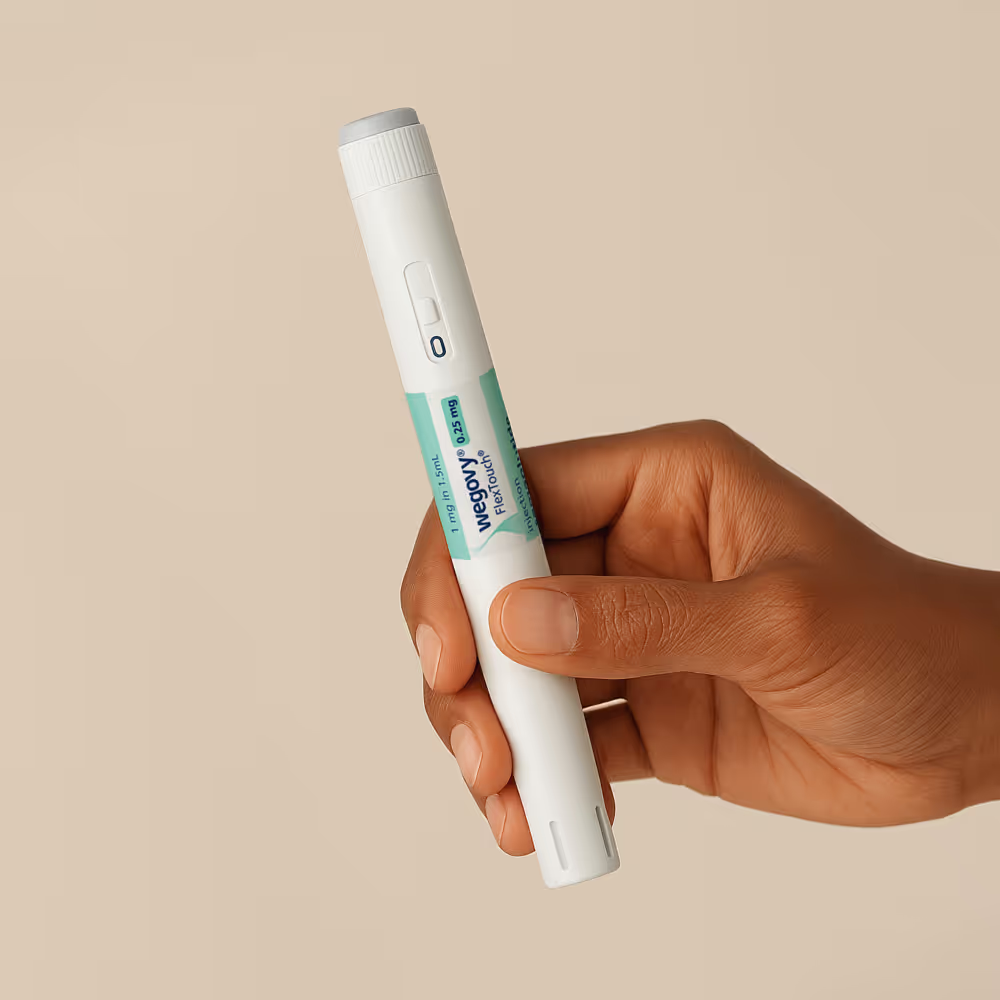

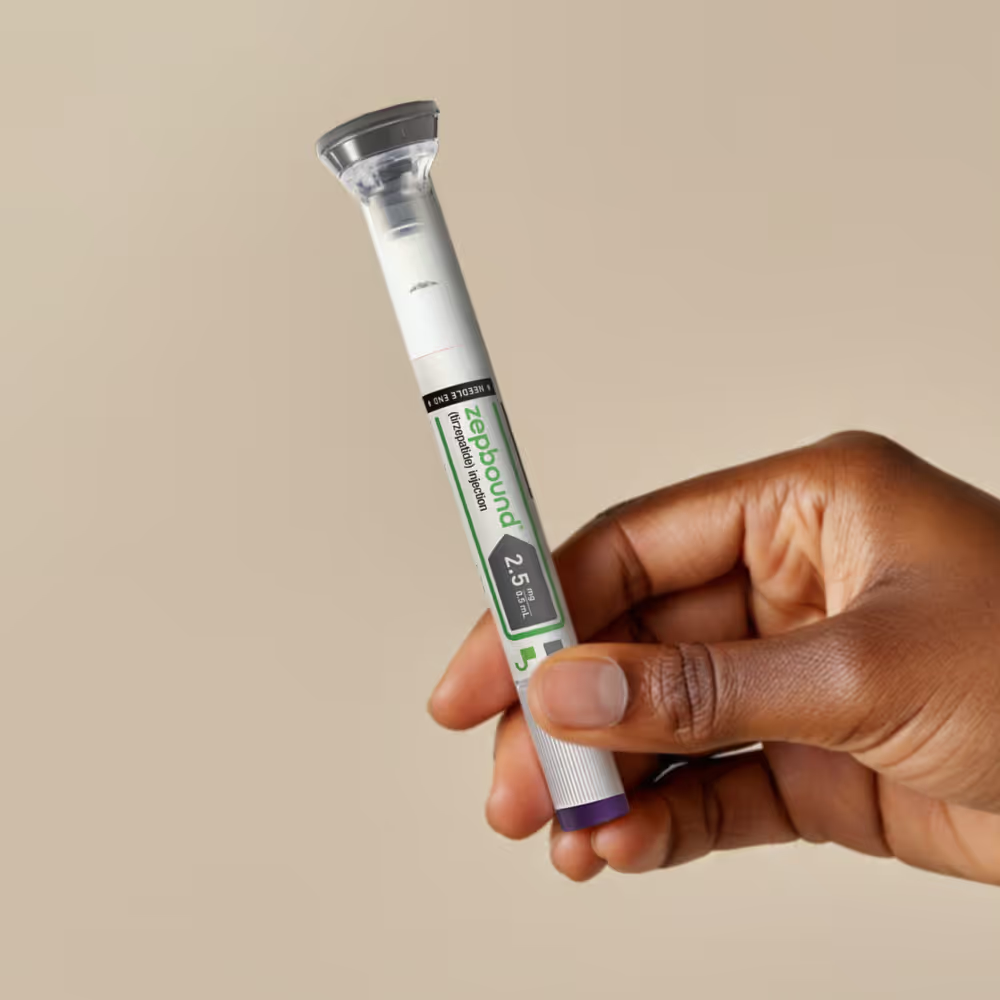

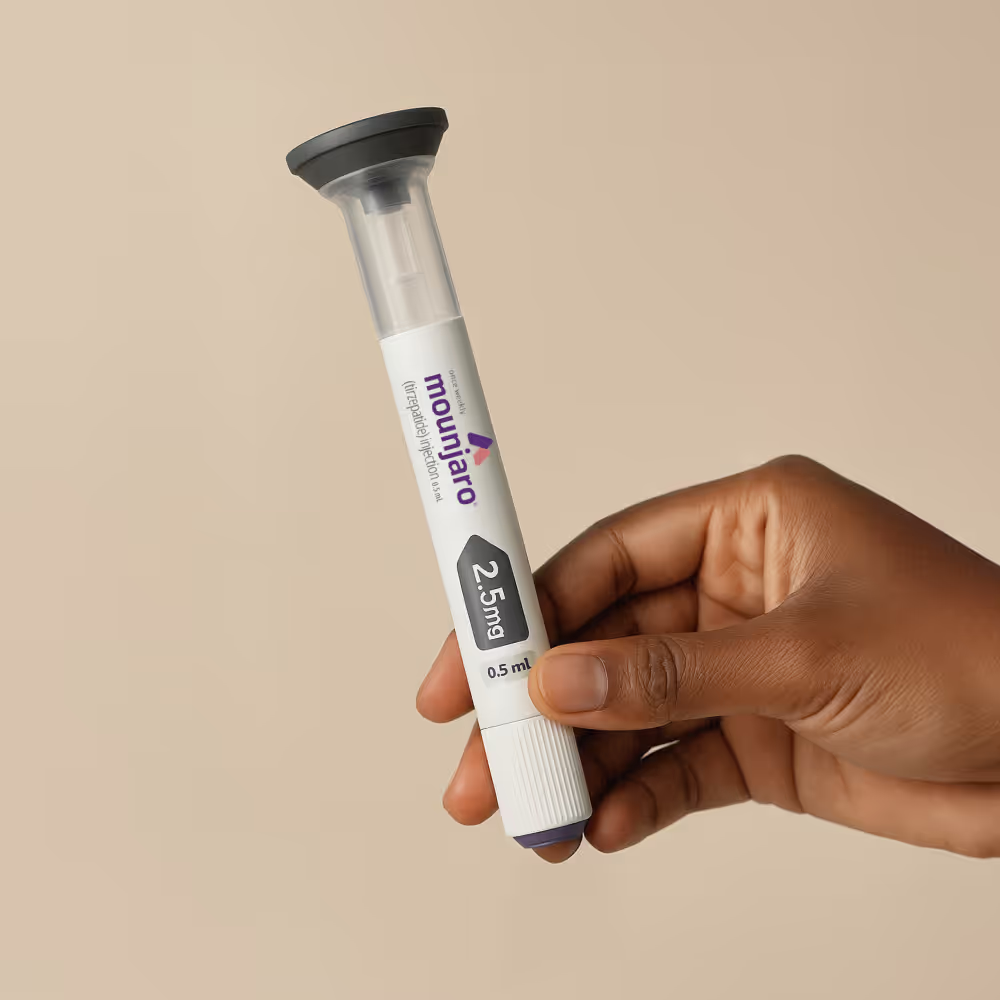

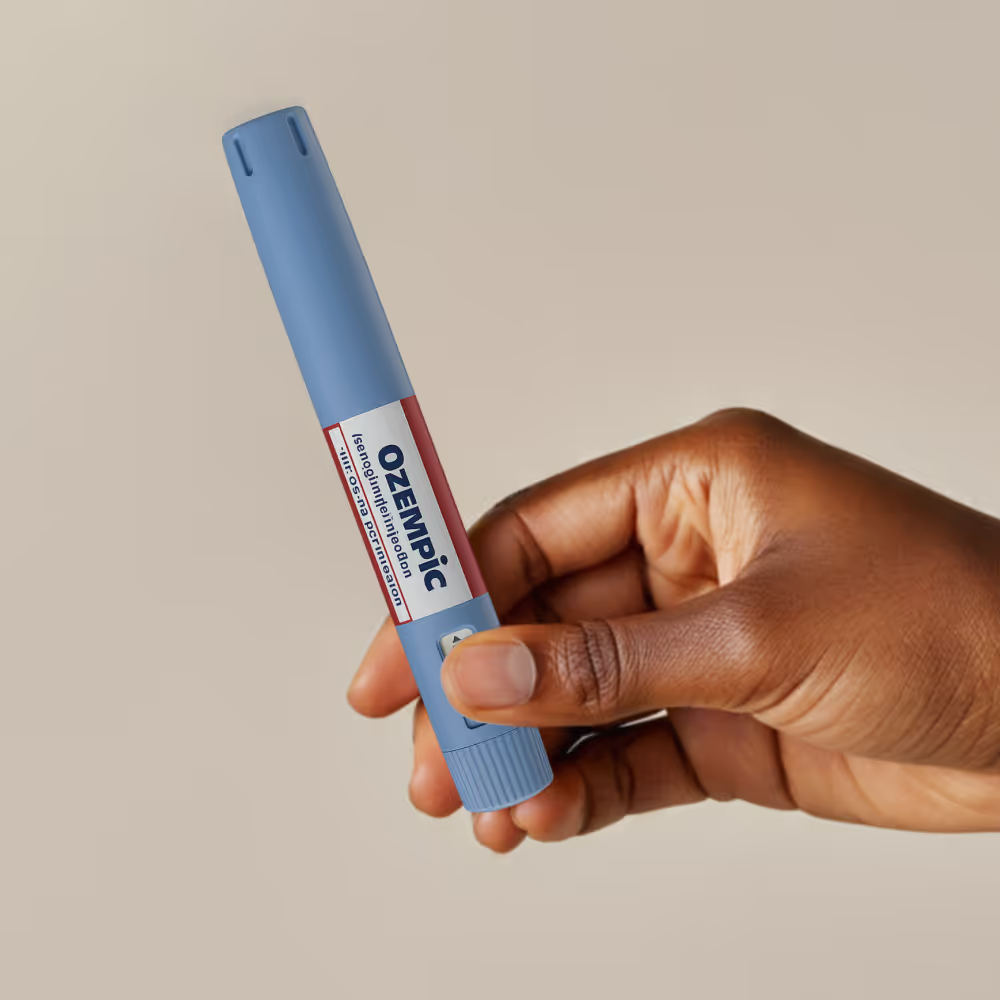















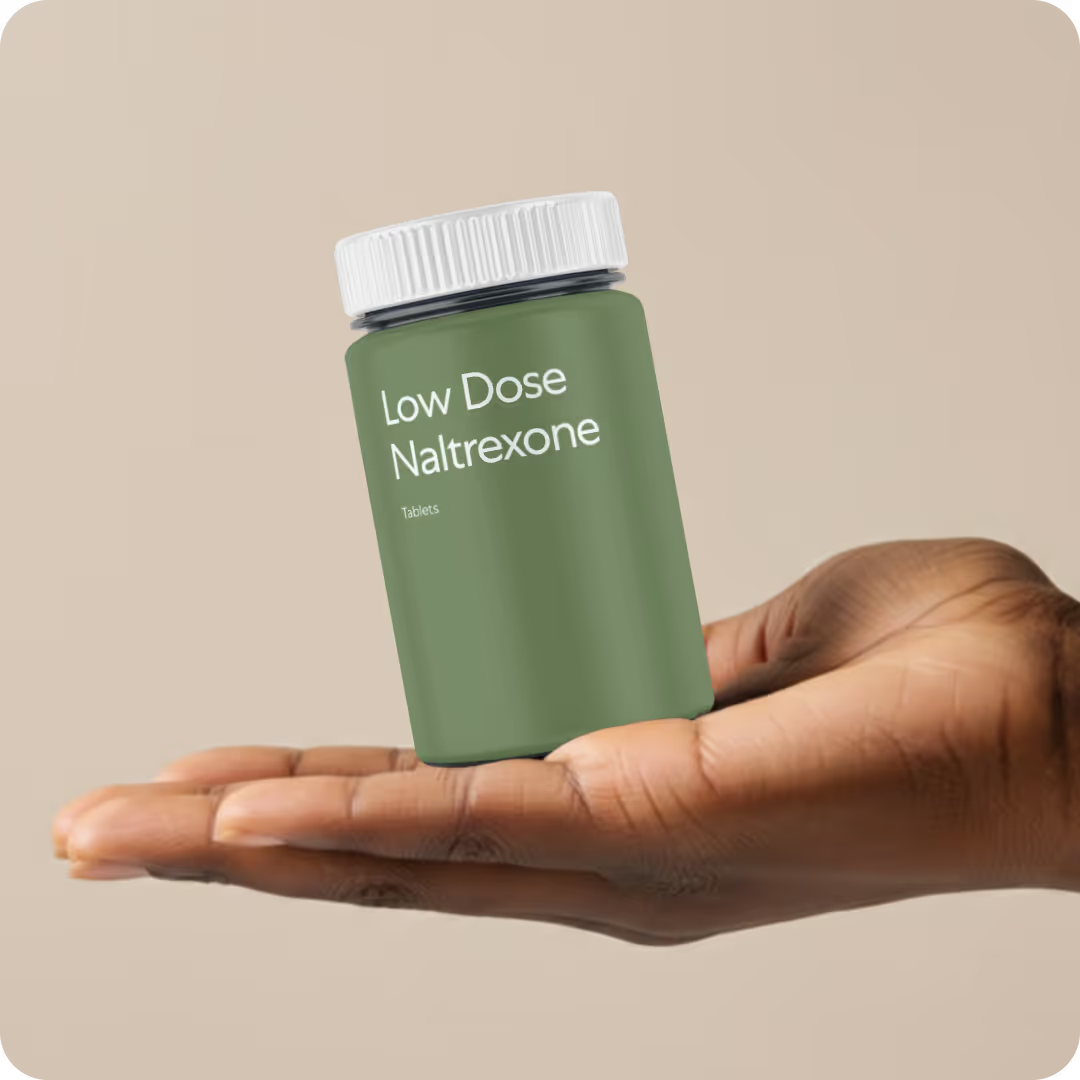







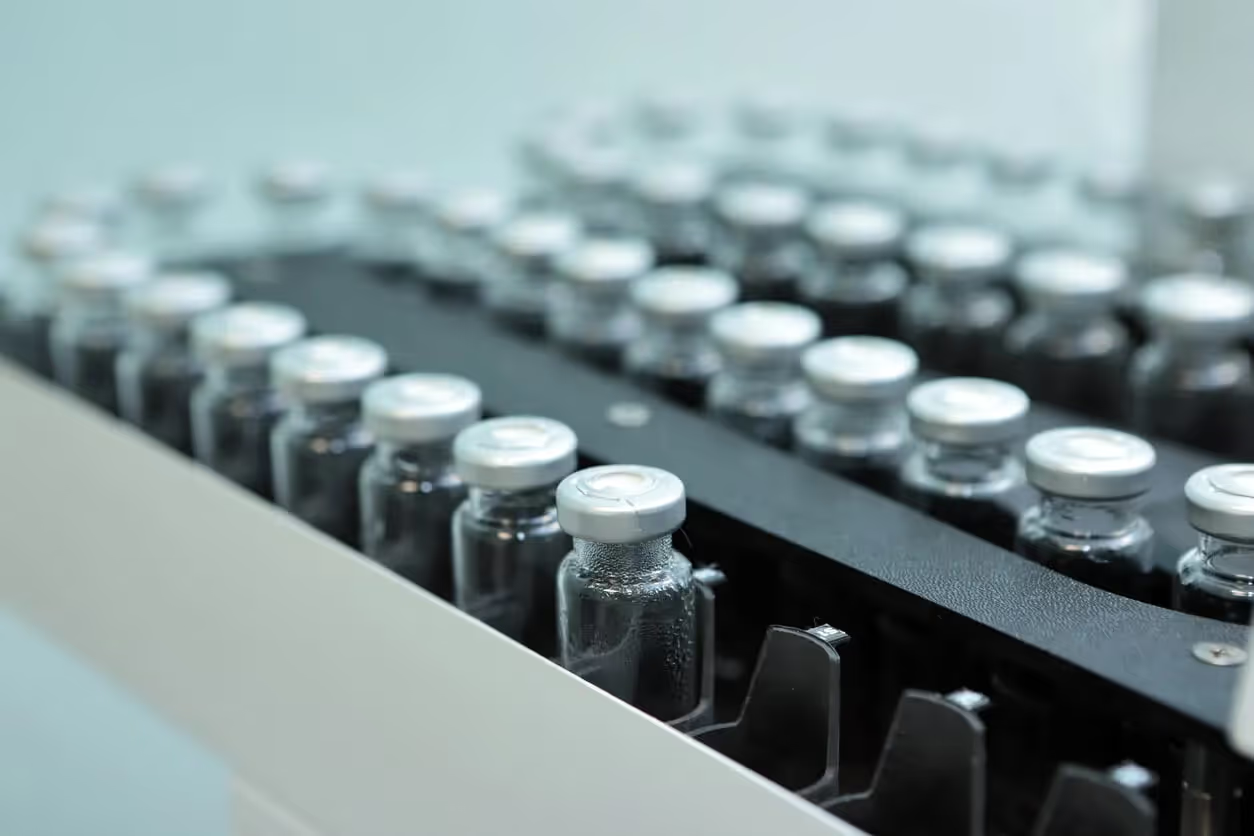
.avif)



